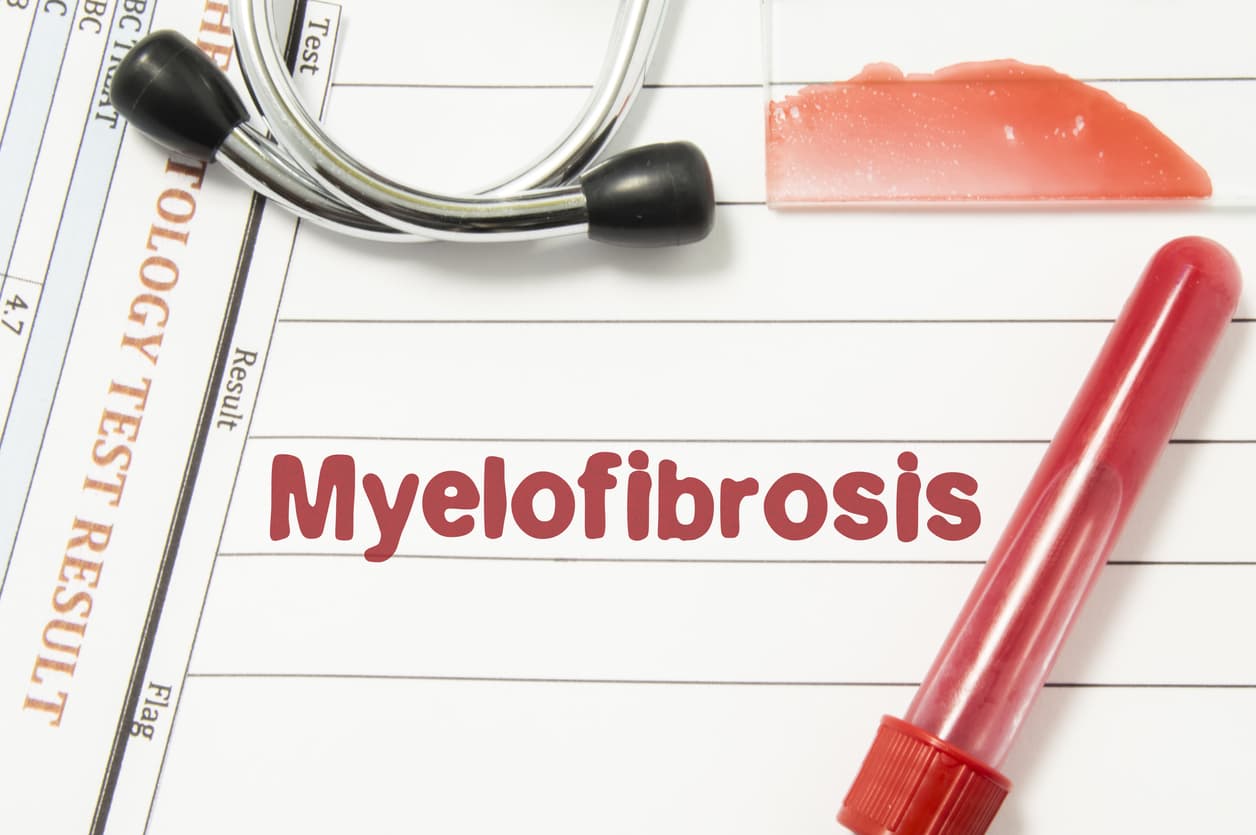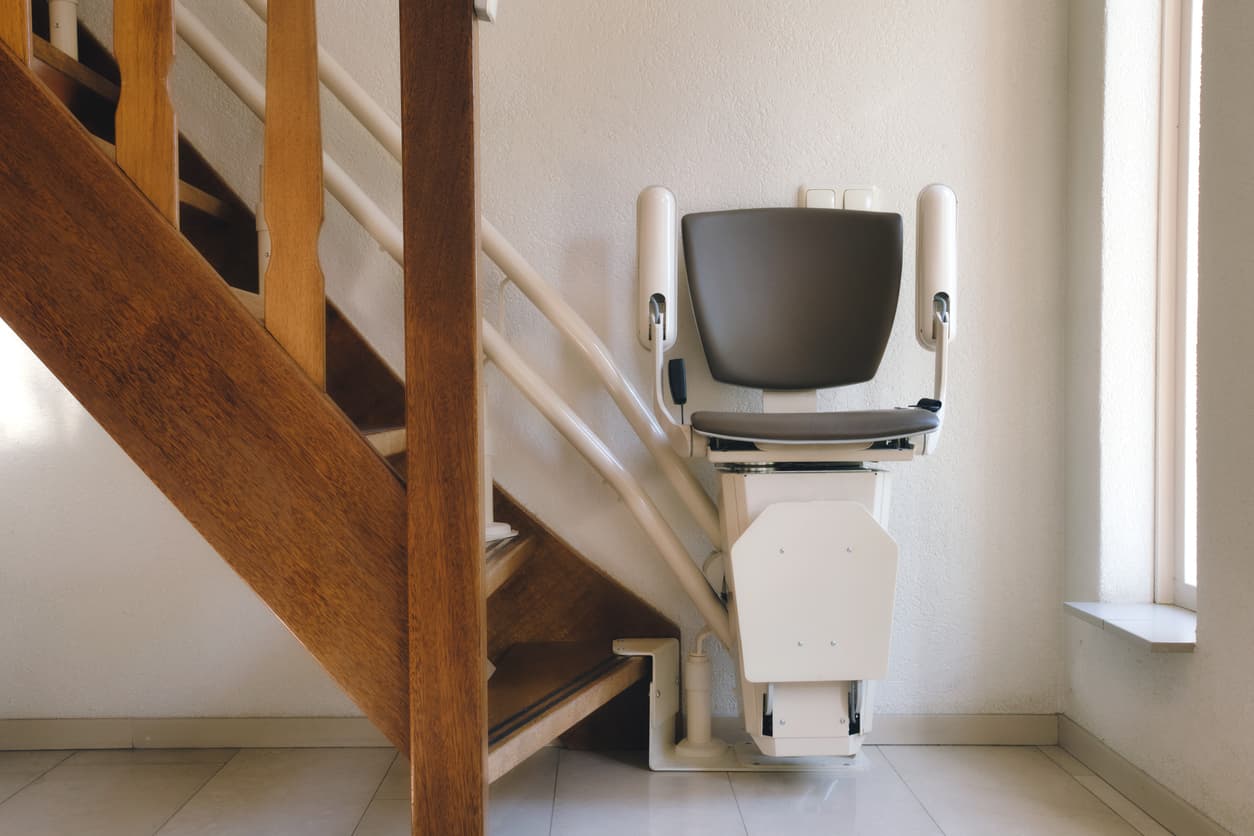Check out how to save on your procedure
Bunions are a very common and annoying issue in the feet of many Americans. In fact, about 35% of Medicare eligible Americans have a bunion. If it gets severe enough to where you need bunion surgery, you can get Medicare coverage for it. But how can you avoid out of pocket costs? Let's find out.
Speak with a Medicare Advocate
What are bunions and what causes them to form?
Bunions are bony bumps that form at the base of the big toe due to inflammation and pressure. Bunions are caused by genetics, injuries, or wearing shoes that do not fit correctly.
How do you know if you need bunion surgery?
If you are experiencing pain and swelling in your toes and the bunion is making it hard to walk, then it might be time for you to consider getting bunion surgery. In addition, if there are other medical conditions that could be affected by the presence of a bunion, like arthritis or joint instability, then surgery may also be recommended.
Does Medicare cover bunion surgery?
Yes, Medicare should cover your surgery. Generally this is done in an out-patient setting, so it will be covered by Part B. To get Medicare coverage for bunion surgery, you will need to submit a request with your doctor's orders. After the request is processed, you will be able to set up an appointment with your surgeon and have the procedure done.
You may also be required to provide proof of medical necessity in order for Medicare to cover the procedure. If you get the surgery, Medicare will cover 80% of the cost after you have paid your Part B deductible.
How can you avoid out-of-pocket costs?
If you can get a Medicare Supplement Plan G
What are the costs associated with bunion surgery?
The cost of bunion surgery can vary depending on where you get it done and what type of procedure is needed. Generally, the average cost of a bunion surgery can range from $3,000 to $6,000. The coinsurance of 20% of that can be a substantial number, so Plan G can save you money.
What are the risks and benefits of having bunion surgery?
The main risk of having bunion surgery is infection. Other risks include excessive bleeding, nerve damage, blood clots, and scarring. However, the benefits of having bunion surgery can outweigh the risks in some cases. The procedure could help reduce pain and discomfort associated with bunions as well as improve mobility and range of motion in the foot.
How long will it take for you to recover from surgery?
Recovery from bunion surgery can take anywhere from two to four months. During this time, you should keep your foot elevated and avoid putting any pressure on it. You may also need to wear a walking boot or a splint for the first few weeks after surgery.
Will you have to follow any special instructions after surgery?
Your doctor may provide you with a list of instructions to follow after your surgery. These instructions could include avoiding certain activities, wearing special shoes, and taking medications. It is important that you follow these instructions carefully in order to ensure a successful recovery from bunion surgery.
Are there any alternatives to surgery that might help relieve your pain?
If your bunion is not severe enough to require surgery, there are a few alternative treatments available. These include rest, anti-inflammatory medications, corticosteroid injections, and orthotics or special shoe inserts. You should talk to your doctor about which option would be best for you.
Conclusion
For such a common issue, it's a relief that Medicare offers coverage for bunion surgery. Talk with your doctor to make sure that surgery is the right option for you. This content is for informational purposes only. For help in finding the best Medicare plan for you year after year, call us at Fair Square Medicare today.
Recommended Articles

14 Best Ways for Seniors to Stay Active in Seattle
Mar 10, 2023

Does Medicare Cover TENS Units?
Nov 23, 2022

Does Your Plan Include A Free Gym Membership?
Jul 12, 2023

What Happens to Unused Medicare Set-Aside Funds?
Jan 20, 2023

14 Best Ways for Seniors to Stay Active in Washington, D.C.
Mar 11, 2023

Does Medicare Cover Ketamine Infusion for Depression?
Nov 23, 2022

Does Medicare Pay for Bunion Surgery?
Nov 29, 2022

13 Best Ways for Seniors to Stay Active in Philadelphia
Mar 7, 2023

Does Medicare Cover Jakafi?
Dec 12, 2022

Everything About Your Medicare Card + Medicare Number
May 12, 2022

Is Fair Square Medicare Legitimate?
Jul 27, 2023

Is PAE Covered by Medicare?
Nov 23, 2022

What Is a Medicare Supplement SELECT Plan?
Apr 25, 2023

Does Your Medicare Plan Cover B12 Shots?
Aug 15, 2022

Medicare Advantage Plans for Disabled People Under 65
Mar 24, 2023

Does Medicare Cover Stair Lifts?
Nov 18, 2022

How to Become a Medicare Agent
Aug 30, 2023

Does Medicare Cover Macular Degeneration?
Nov 30, 2022
More of our articles
10 Top Medicare Supplement (Medigap) Companies for 2025
13 Best Ways for Seniors to Stay Active in Indianapolis
14 Best Ways to Stay Active in Charlotte
20 Questions to Ask Your Medicare Agent
2024 Cost of Living Adjustment
Building the Future of Senior Healthcare
Can I Laminate My Medicare Card?
Can I switch From Medicare Advantage to Medigap?
Can Medicare Advantage Plans Deny Coverage for Pre-Existing Conditions?
Can Medicare Help with the Cost of Tyrvaya?
Costco Pharmacy Partners with Fair Square
Denied Coverage? What to Do When Your Carrier Says No
Do I Need to Renew My Medicare?
Do Medicare Supplement Plans Cover Dental and Vision?
Do You Need Books on Medicare?
Does Medicare Cover Bariatric Surgery?
Does Medicare Cover Breast Implant Removal?
Does Medicare Cover Cardiac Ablation?
Does Medicare Cover Cartiva Implants?
Does Medicare Cover Cataract Surgery?
Does Medicare cover Deviated Septum Surgery?
Does Medicare Cover Diabetic Eye Exams?
Does Medicare Cover ESRD Treatments?
Does Medicare Cover Fosamax?
Does Medicare Cover Geri Chairs?
Does Medicare Cover Hearing Aids?
Does Medicare Cover Hepatitis C Treatment?
Does Medicare cover Hyoscyamine?
Does Medicare Cover Ilumya?
Does Medicare Cover Inqovi?
Does Medicare Cover Linx Surgery?
Does Medicare Cover Ofev?
Does Medicare Cover Ozempic?
Does Medicare Cover Penile Implant Surgery?
Does Medicare Cover Physicals & Blood Work?
Does Medicare Cover Robotic Surgery?
Does Medicare Cover Zilretta?
Does Medicare Have Limitations on Hospital Stays?
Does Medicare Pay for Funeral Expenses?
Estimating Prescription Drug Costs
Fair Square Client Newsletter: AEP Edition
Finding the Best Vision Plans for Seniors
Health Savings Accounts (HSAs) and Medicare
How Do Medigap Premiums Vary?
How Does Medicare Pay for Emergency Room Visits?
How Does the End of the COVID-19 Public Health Emergency Affect Your Medicare?
How Much Does Trelegy Cost with Medicare?
How Often Can I Change Medicare Plans?
How to Apply for Medicare?
How to Enroll in Social Security
How Your Employer Insurance and Medicare Work Together
Is Balloon Sinuplasty Covered by Medicare?
Is Botox Covered by Medicare?
Is the Shingles Vaccine Covered by Medicare?
Is Vitrectomy Surgery Covered by Medicare?
Last Day to Change Your Medicare Part D Plan
Medicare & Ozempic
Medicare 101
Medicare Consulting Services
Medicare Savings Programs in Kansas
Medicare Supplement Plans for Low-Income Seniors
Moving? Here’s What Happens to Your Medicare Coverage
The Fair Square Bulletin: October 2023
Top 10 Physical Therapy Clinics in San Diego
What Does Medicare Cover for Stroke Patients?
What If I Don't Like My Plan?
What is the Medicare ICEP?
What People Don't Realize About Medicare
What's the Deal with Flex Cards?
When to Choose Medicare Advantage over Medicare Supplement
Which Medigap Policies Provide Coverage for Long-Term Care?
Will Medicare Cover Dental Implants?
Get the Fair Square Bulletin
Medicare savings tips, helpful guides, and more.
Virgil Insurance Agency, LLC (DBA Fair Square Medicare) and www.fairsquaremedicare.com are privately owned and operated by Help Button Inc. Medicare supplement insurance plans are not connected with or endorsed by the U.S. government or the federal Medicare program. This is a solicitation of insurance. A licensed agent/producer may contact you. Medicare Supplement insurance is available to those age 65 and older enrolled in Medicare Parts A and B and, in some states, to those under age 65 eligible for Medicare due to disability or End-Stage Renal disease. Virgil Insurance Agency is a licensed and certified representative of Medicare Advantage HMO, HMO SNP, PPO, PPO SNP and PFFS organizations and stand-alone PDP prescription drug plans. Each of the organizations we represent has a Medicare contract. Enrollment in any plan depends on contract renewal. The plans we represent do not discriminate on the basis of race, color, national origin, age, disability, or sex. Plan availability varies by region and state. For a complete list of available plans please contact 1-800-MEDICARE (TTY users should call 1-877-486-2048), 24 hours a day/7 days a week or consult www.medicare.gov. © 2026 Help Button Inc
We do not offer every plan available in your area. Any information we provide is limited to those plans we do offer in your area. Please contact Medicare.gov or 1-800-MEDICARE to get information on all of your options.
MULTIPLAN_FairSquareMedicare_01062022_M
Fair Square Medicare


